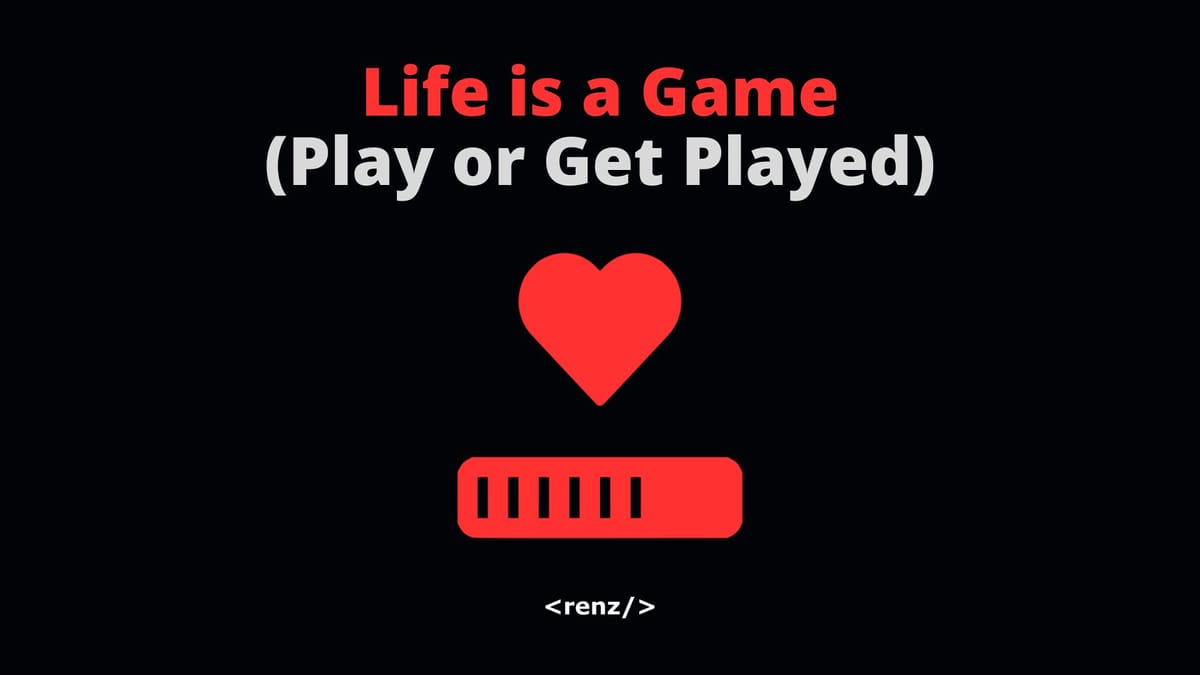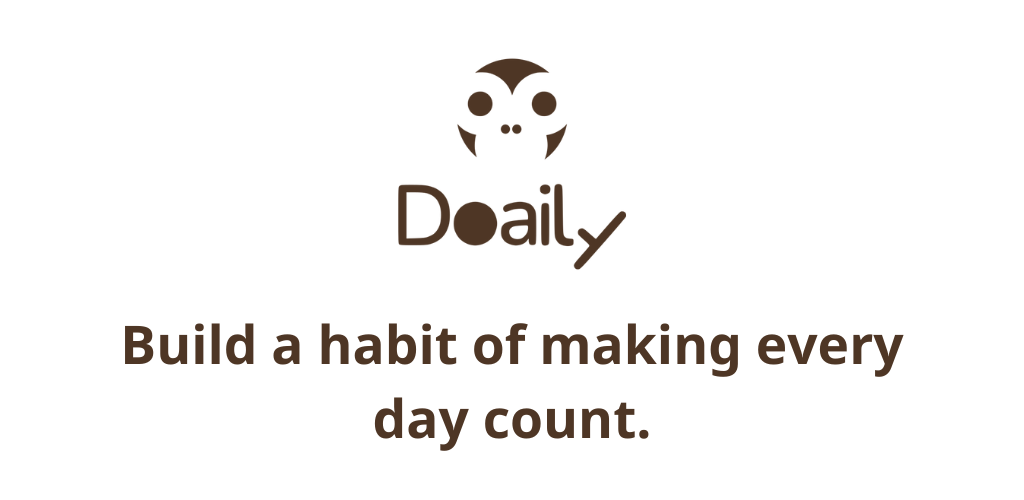Life is a Video Game (Play or Get Played)
//Whether you think life is a game or not, there's a game that's been programmed in your mind by your parents, teachers, and society.


Doaily
Doaily is my gamified to-do list system turned into a real app to help you stay accountable and get things done.
Life is like a video game except no one hands you a manual.
Whether you think it is or not, there's a game that's been programmed in your mind by your parents, teachers, and society.
You went to school.
You probably have a job.
And unless you rewrite the code, you are a non-playable character (NPC) in the game with sort of the same goals and taking the same programmed path to success.
As in, you will continue to get played to maintain the game itself so that it can keep on going.
Nothing wrong with that.
But, if you feel somehow trapped, bored, or unfulfilled, it's probably because you're doing quests that others have carefully laid out for you and it's designed to keep your attention locked in.
And guess what? It works because we've all survived and progressed as a society.
I got the software engineering degree from a quest and now I'm in the conventional employment system.
And my negative net worth due to student loans is tied up in a centralized bank system.
I know it's not just me that sees the bugs in the game though.
There are people patching the game.
There are online educators who are giving out affordable education that give results (they're not all scams) for you to do your own thing, while not getting trapped in debt or get funnelled into having to work most of your life and only be able to 'enjoy' once you are too old.
There are decentralized financial systems, like cryptocurrencies, being created for our money in an attempt to create a more open and transparent financial system.
There are freelancers doing their own thing and getting hired for work, but not as an actual employee.
The game is evolving and there are people actually playing rather than being played.
I think awareness of all of this is the first step.
Now that you're aware of the game, the question is... how do you start rewriting your code, engage yourself in your own quests, and just play for yourself?
//Define your own quests
To create your own quest, you need three things:
- a clear goal (the win condition)
- a plan to follow (the progression path)
- consistent actions (the daily priorities)
Which means that you could pretty much make a game out of anything in life.
//Set clear objectives
In video games, unless it's a puzzle game or designed otherwise, you have an idea or for sure know what the end goal is whether it's defeating the final boss or completing a mission.
The goal gets set and then the game narrows your attention.
You might start by gathering resources, completing smaller quests, or beating easier enemies.
Each of the little steps gets laid out for you, subtle or not, to bring you closer to the ultimate goal.
Life works the same way and I'm not really giving you anything grand here right?
I think everyone inherently knows how to get their success.
It just sucks doing it and it takes a lot of time in real life.
So, we distract ourselves with Netflix, social media, and whatever else that keeps us at a bad situation (bad job, bad relationship, etc).
These are like the side quests in a video game that distract you from moving the main story forward.
And it's worse in real life when you haven't even defined your main quest.
So, the point is, it's easy to get lost if you don't write and or break down your goals.
Reverse engineer goals so that you can plan out a path and give clarity to the actions that you will need to do. Then, break those actions down further so that you can narrow down your focus.
It doesn't have to be perfect. It's just an anchor for your attention.
You just have to create the first iteration of your quest to get going and change the difficulty as you level up.
//Balance challenge and skill
In video games, if you're a level 50 and you're always going up against a level 1, the game is too easy and gets boring.
On the flip side, if you're a level 1 and you're always going up against a level 50, the game is too difficult and get frustrating.
The delicate balance between too easy and too hard works the same way with the quests that you set for yourself.
Game designers know that finding the right balance will keep their players engaged and motivated.
So, this loops back to the first point because clearly setting your goals also helps you to design the difficulty of the daily grind.
If your goal is to write a book, you could write just one sentence or 100 words a day.
If your goal is to get fit, you could skip out on fast food for a meal or do literally just one burpee a day.
If your goal is to learn breaking (breakdancing), you could just start with listening to breakbeats before you even learn to get down.
You can lower the difficulty to the point that taking action is super easy and you progress from there.
This ties to my previous instalment of having no zero days, which is a productivity system that has changed my life.
Not everything can be broken down to the smallest actionable task though.
Some things are just naturally difficult and you just have to deal with them.
And really, they're like the power-ups in video games except you don't just run into them or buy them to absorb their power.
You literally just have to take a leap of faith and go for it.
This is why I like breaking for example. I'm an introvert. It's scary as hell to put myself out there.
When there's a cypher (a circle and people are dancing in the middle), I actually feel a lot of resistance to go in and dance. But, the second I do it, I ignore it anyway and just dance.
It feels amazing. I feel alive and incredible. After, I even feel a little bit more confident.
It's a real life power-up and it's programmed all over life for us to absorb on demand.
The more you progress the easier things become and the better you become.
Set the bar low and adjust the difficulty to match your skill.
But, how do you know when to adjust?
//Rewards
In video games, rewards are built into the progression and every small progress is visualized whether that be a number going up or a bar filling up.
You see the immediate impact of your actions.
The next good thing is always within reach.
As you progress, you're rewarded with new abilities, armour, a new world to explore, and whatever else.
And there's basically zero risk to get them.
You can just try again and respawn when you die.
The rewards are another layer of engagement and motivation, designed to keep your focus locked on the game.
The rewards and dopamine rush that you get from beating a boss, shooting a headshot, or whatever else only feels good while you're playing though.
I don't need to tell you the difference between reaching a personal goal, building meaningful relationships, or mastering a skill compared to accomplishments you can make in a video game.
Real life accomplishments takes a lot more time, effort, and patience.
You have to be willing to put in the work, even when progress seems slow or invisible.
And the risks are real, but so are the rewards and it holds a lot more weight.
But, you only get to the reward if you're able to stay engaged and motivated along the way.
That's why the point here is to visualize your progress because we learn from games that it helps us achieve what we're going after.
The moments that you take to stop and reflect on how far you've come is where you validate your progress and keep yourself motivated.
So, mark X's in your calendar, cross things off on a to-do list, or use an app to track your daily achievements.
It's your exp bar.
//Conclusion
Whether you think life is a game or not, there's a game that's been programmed in your mind by your parents, teachers, and society.
You either play it or get played.
With this, I hope that you've found some things to patch the game in your favour, so that you can live the life you truly want.
Renz
1. Get Doaily: a gamified to do list that will help you build a habit of making every day count.
2. Play Roguesphere: shove foes and conquer worlds with one finger!
3. Play Rainy Day: a financial casual education game.
//Supporters
Special thank you shout out to the following ongoing generous supporters of my work, making a difference in the world and mine.
- Laura Milligan
- Andrew Abrook
- Armaigne Rivero
- Fritz Rivero






